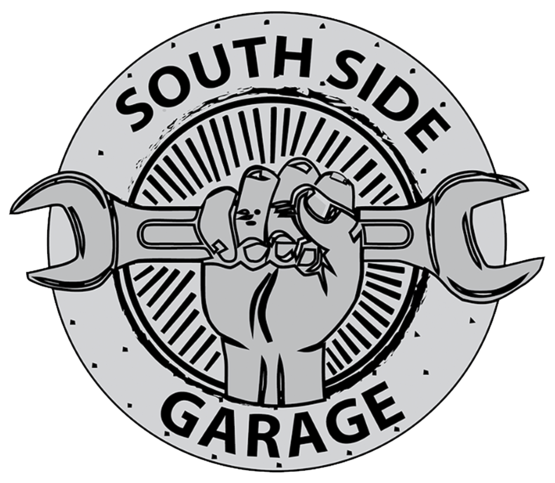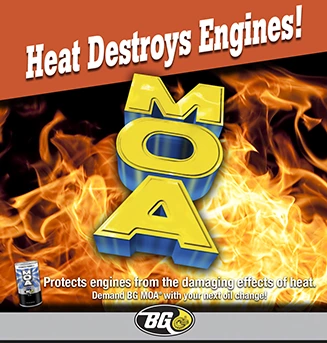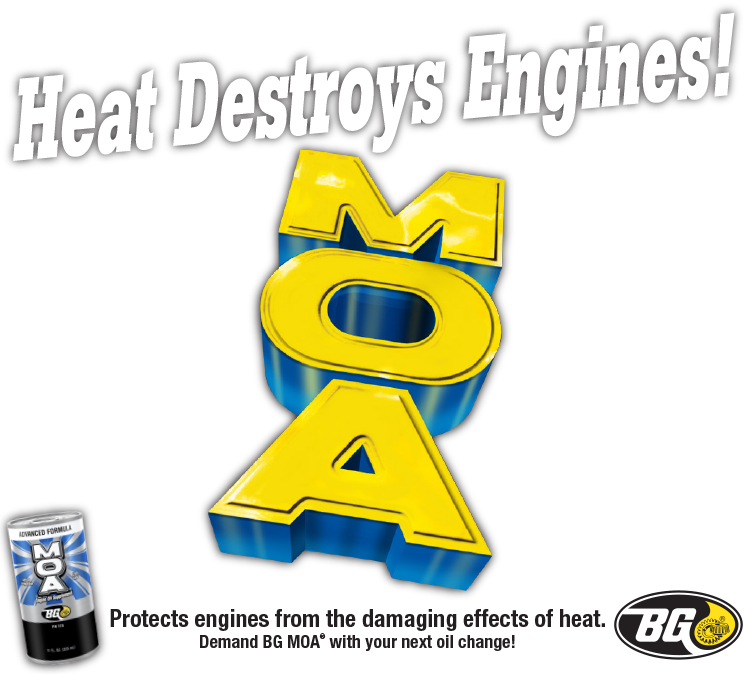When Do My Shocks Need to Be Replaced?
October 13, 2019
A good suspension system gives a vehicle a smooth, even ride while providing Moore drivers with good handling and control. But like any system on your vehicle, parts of the suspension system can wear out, leading to a lower ride quality and safety concerns. So it's a good idea for drivers in Moore to remember their suspension system in their schedule of preventive maintenance. Springs do most of the work of the suspension system. The most common types of springs are coil and leaf, but air springs and torsion bars are becoming more common. The body of the vehicle is “suspended” by the springs.
If springs were the only working component in your suspension system, however, you'd spend your travel time bouncing up and down like a bobblehead. That's where your shocks come in. They keep the rebound, or bounciness, of the springs under control. Shocks also keep your tires on the road, which keeps the driver in control of the vehicle. Some vehicles have struts in their suspension system. Struts are a compact combination of springs and shocks. They do the same job but in a single package.
Shocks wear out gradually, so it can be difficult for Moore drivers to notice when they need to be replaced. There's no definitive point when a vehicle's ride goes from "smooth and controlled" to "a bit imprecise." To check if your shocks or struts are worn, you should first do a visual inspection on them. If they are leaking fluid, they need to be replaced.
There are other less obvious signs that your suspension system needs attention. For example, an uneven, cupping wear on your tires may indicate that your shocks are worn. If your vehicle feels “floaty” when you turn, or, in other words, you don't feel that you have full control of the vehicle, you should check your shocks. Also, if the front end of your vehicle dips noticeably when you stop, it's time for new shocks.
Your owner's manual gives recommendations on how often the shocks should be checked, usually between 15,000 and 30,000 miles (24,000-50,000 km). If one of your shocks does need to be replaced, you should replace all four. This will keep your suspension even and ensure good handling of your vehicle. If you carry heavy loads, tow a trailer or drive on uneven Moore area terrain, you might also consider upgrading to a heavy-duty shock.
Regular shocks contain hydraulic fluid. The fluid helps them absorb the bumps or “shocks” of the road so the impact doesn't transfer to the vehicle's body. Premium shocks are filled with compressed nitrogen gas, which costs more but does a better job of controlling body motions. Regular shocks can develop air bubbles that reduce their effectiveness; the premium shocks don't have this problem. So if you want higher handling performance, if you drive off-road around OK or if you just want added comfort, you should consider upgrading to premium shocks or struts.
Replacing struts can put your vehicle out of alignment, so an alignment check should always follow this type of repair. Talk to your service advisor at South Side Garage in Moore for more information.
South Side Garage
2220 Pole Rd
Moore, OK 73160
405-308-1514
http://www.thesouthsidegarage.com
More articles from Southside Garage

When Metal Meets Metal (Wheel Bearings)
April 20, 2025
What part of your vehicle has little metal balls inside that are lubricated and allow you to cruise on down the road? They are wheel bearings, and automotive designers might argue they are human beings' second greatest invention of all time (the first is, of course, the wheel!). You have a wheel... More

Such a Little Part (Climate Control Resistor)
April 13, 2025
You expect your heater/air conditioner to work like it should. You have a control for temperature and one for fan speed. You even have a control for what vents the air comes out of. Don't be surprised one day if your blower fan develops a mind of its own and starts going crazy. Most of the ti... More

When it Comes to Air Filters, Change is Good (Clogged Air Filter)
April 6, 2025
Engine air filters may not seem like a big deal, but when theyre clogged up with dirt, dust, and insects, your engine could wind up choking for air and not delivering you the power and performance it was designed to give. There are actually a couple of air filters in your vehicle. One filters th... More









